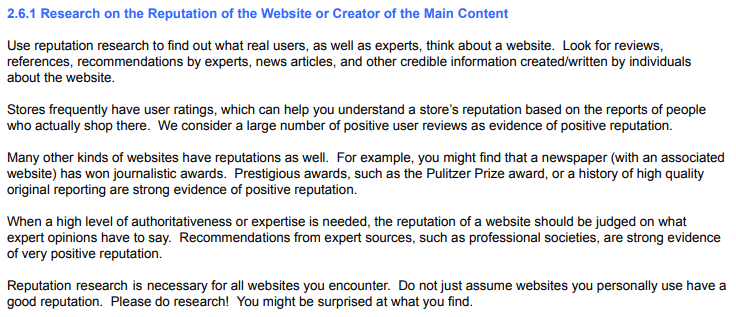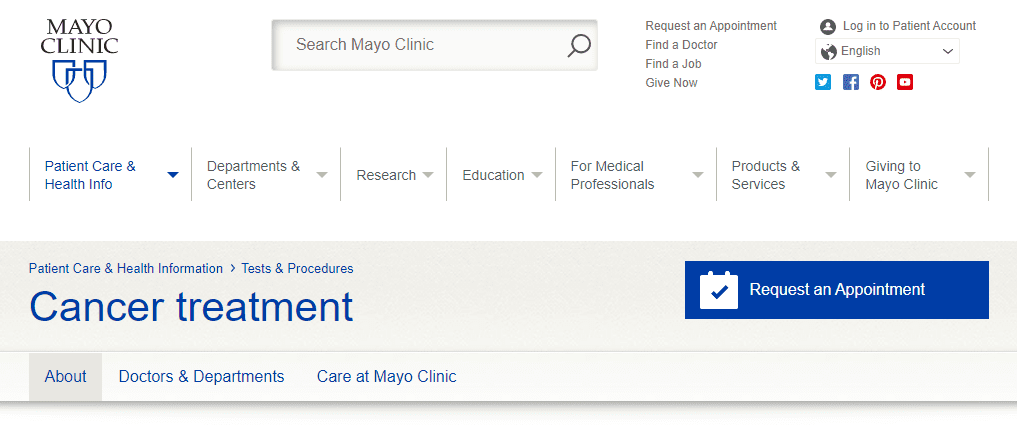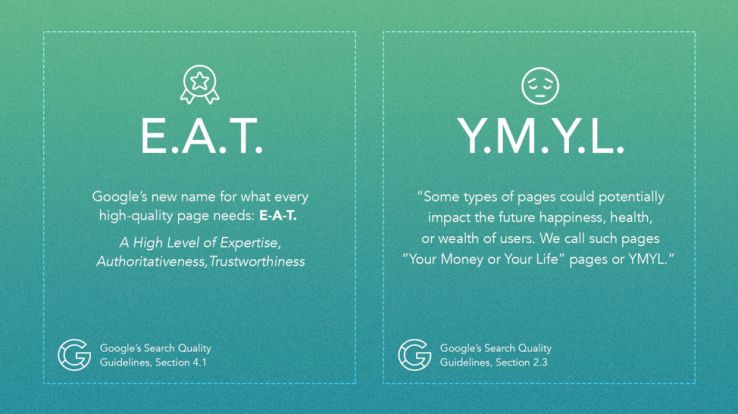Helping Searchers Find The Best Information
Google is continually adjusting its algorithm to deliver relevant information to online searchers. Throughout the years, Google has tweaked its search engine to alter online content shows for different search queries.
With the advancement of technology, malicious groups and publications now can flood the internet with “fake news” and disinformation. As a result, Google took aggressive action to weed out unreliable and harmful information from SERPs to improve public knowledge.
We have already seen the impacts of bad actors on political elections, and Google has created a new system to categorize content based on the impact it could have on the life and money of its readers. To help clean up public information, Google and other big tech companies are using advanced A.I. and comparison techniques to remove disinformation from their search results.
Google’s Battle Against Disinformation
As the largest search engine in the world, Google knows that it needs to adjust its algorithms to combat disinformation. Not only does this improve the quality of their product, but it also helps the longevity of their business in the ever-evolving online world.
Google has used different strategies to seek out and remove out disinformation. From Page Rank to a team of human search evaluators, Google continues to innovate ways to ensure search results meet their official Search Quality Ranking Guidelines.
Image Source: https://static.googleusercontent.com/media/guidelines.raterhub.com/en//searchqualityevaluatorguidelines.pdf

EAAT and YMYL are just the latest iterations of this approach to make online content as relevant and accurate as possible for online searchers.
Let’s look at what these two concepts are, what they mean, and how your company can adhere to today’s quality standards!
What is EAAT In SEO?
One way Google filters information is by using a system to check the expertise, authoritativeness, and trustworthiness (EAAT) to ensure its search engine delivers the best results to their users.
- Expertise: Relevant content is created by subject matter experts who are able to breakdown complex topics to their readers. Google rewards content that is useful, comprehensive, and accurate with higher rankings and more visibility.
- Authoritativeness: An authoritative website will have many inbound links because their website content is trusted by other experts in the field. Quality links are a significant part of an SEO strategy, and Google looks at the number and types of links sites have pointing to them when determining their authority.
- Trustworthiness: People and search engines want content that is trustworthy. You can add signals like testimonials, awards, and certifications on your website to help Google and customers trust your brand.
EAT is just one set of metrics used by Google to deliver the right content, and in recent years it has become an essential social ranking signal that SEOs need to pay attention to.
Image Source: https://www.mayoclinic.org/tests-procedures/cancer-treatment/about/pac-20393344

While the importance of EAAT has been the topic of much debate recently among most SEOs, the truth is that expertise, authoritativeness, and trustworthiness have been essential tenants to publish different types of content for online marketing.
You want to make sure that the content you produce is accurate and relevant to your audience. The goal of great content is to educate your audience, and Google rewards great content with more visibility in their search results.
What Is YMYL In SEO?
Along with EAAT, the type of content that you produce is a major factor that determines your rankings in Google.
While EAAT focuses on the quality and authority of your content, YMYL looks at the type of content that you produce and the potential impact that your information will have on the lives of human readers.
YMYL is an acronym that stands for “your money or your life,” and it refers to how Google interprets online content that can have a negative impact on the lives and finances of readers. Google evaluates all online content based on various factors, and YMYL is a natural extension of their Search Quality Rating Guidelines.
Image Source: https://moz.com/blog/google-e-a-t

Google uses a process to determine the category of content because different search queries reflect the needs of customers and the type of content shown can impact life decisions in different ways.
For example, gardening blogs are not considered in the YMYL filter system because disinformation about planting a flower will have less impact on your life than using inaccurate medical or financial advice.
This means that not all content is equal, and different types of content need to be scrutinized heavily to preserve the public good. Google evaluates all content it crawls online through a YMYL filter to put it into specific categories based on their quality guidelines. A few examples of YMYL pages include:
- Government & Law: Online content that helps inform citizens about social services, voting guidelines, and other legal issues. Content in this category also includes information about public services and government agencies.
- Online Shopping: Content built around information and services that help people make online purchases.
- Health & Safety: Informational content about drugs, medical issues, and hospitals.
- Current News Events: Specific topics like business, politics, and international events.
- Finance: Any content like financial advice, strategy, or online records about loans, taxes, or retirement planning.
While it has only been documented by Google recently for SEO, PPC marketers have long known that different types of companies are under different levels of scrutiny with Google Ads. Insurance and health-related ads are evaluated more than non-essential categories like fishing and outdoor activities.
Now that we know the ins-and-outs of EAAT and YMYL in SEO, let’s take a look at how you can use these factors to improve your content and rank higher in Google SERPs,
How To Rank Content With EAAT & YMYL
If you want to grow your business, you will need to publish great content that educates your audience and gets found in search engines. While the acronyms EAAT and YMYL can be confusing, the truth is that these concepts go hand-in-hand with a healthy business model.
EAAT are elements of a great brand that marketers have implemented for years to build confidence and trust with their customers. YMYL is just an extension of EAAT, and it is how Google categorizes content to meet the quality standards outlined in EAAT to display the best search results.
Google uses different ranking weights for each search query to categorize available content through the YMYL quality filter. YMYL and EAAT are just two ranking factors Google uses to combat disinformation and deliver the best content possible to online consumers.
Publish Great Content For Search Engines & People
SEO and online marketing are rooted in the idea that if you publish great content then you will rank above your competitors in SERPs. EAAT and YMYL are just two factors that the Google algorithm uses to deliver the most relevant content to online consumers.
As a digital marketer you should be aware of how Google interprets data and the factors it looks for when ranking content so you can improve your online presence and drive more qualified traffic to your site!